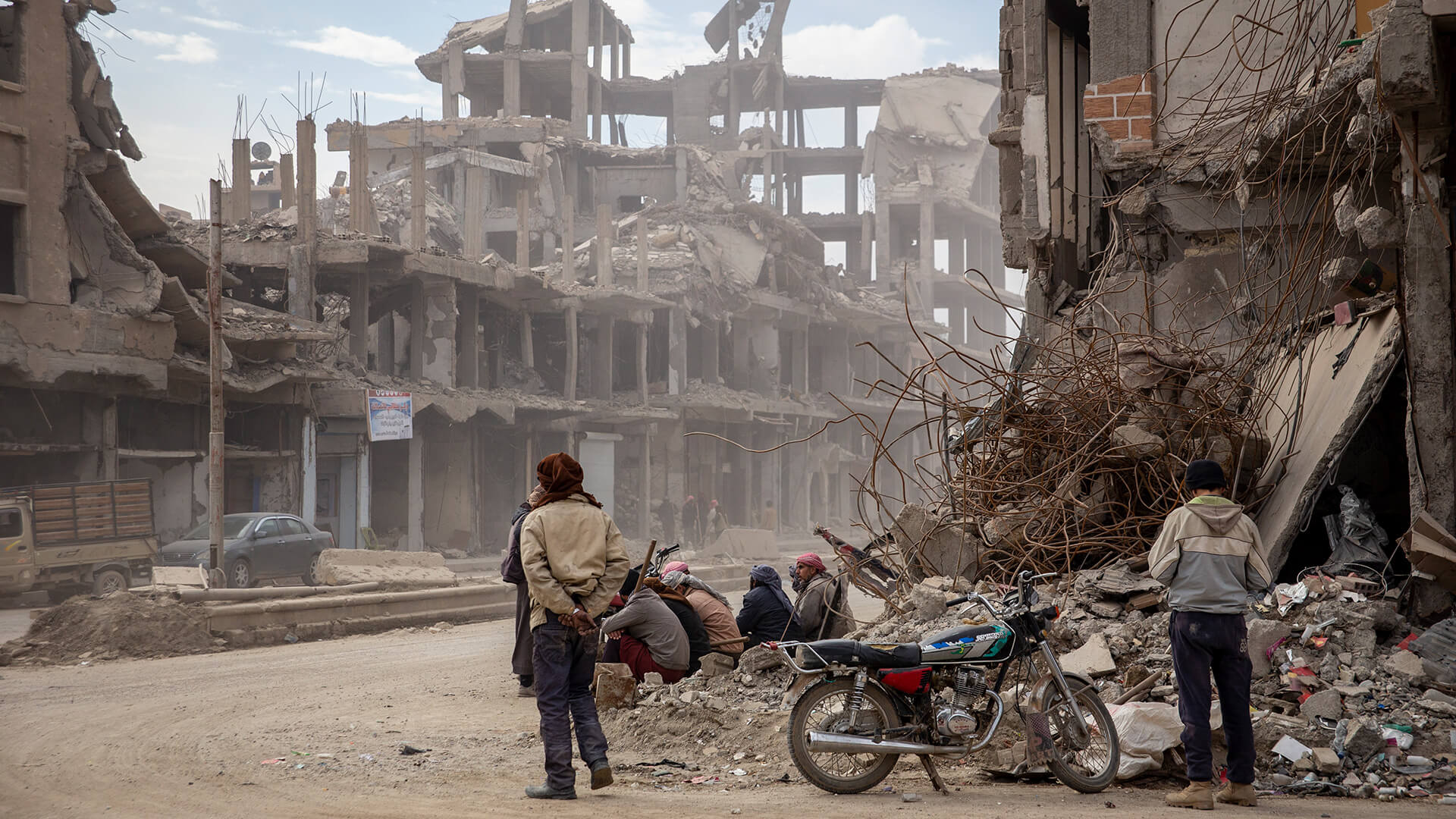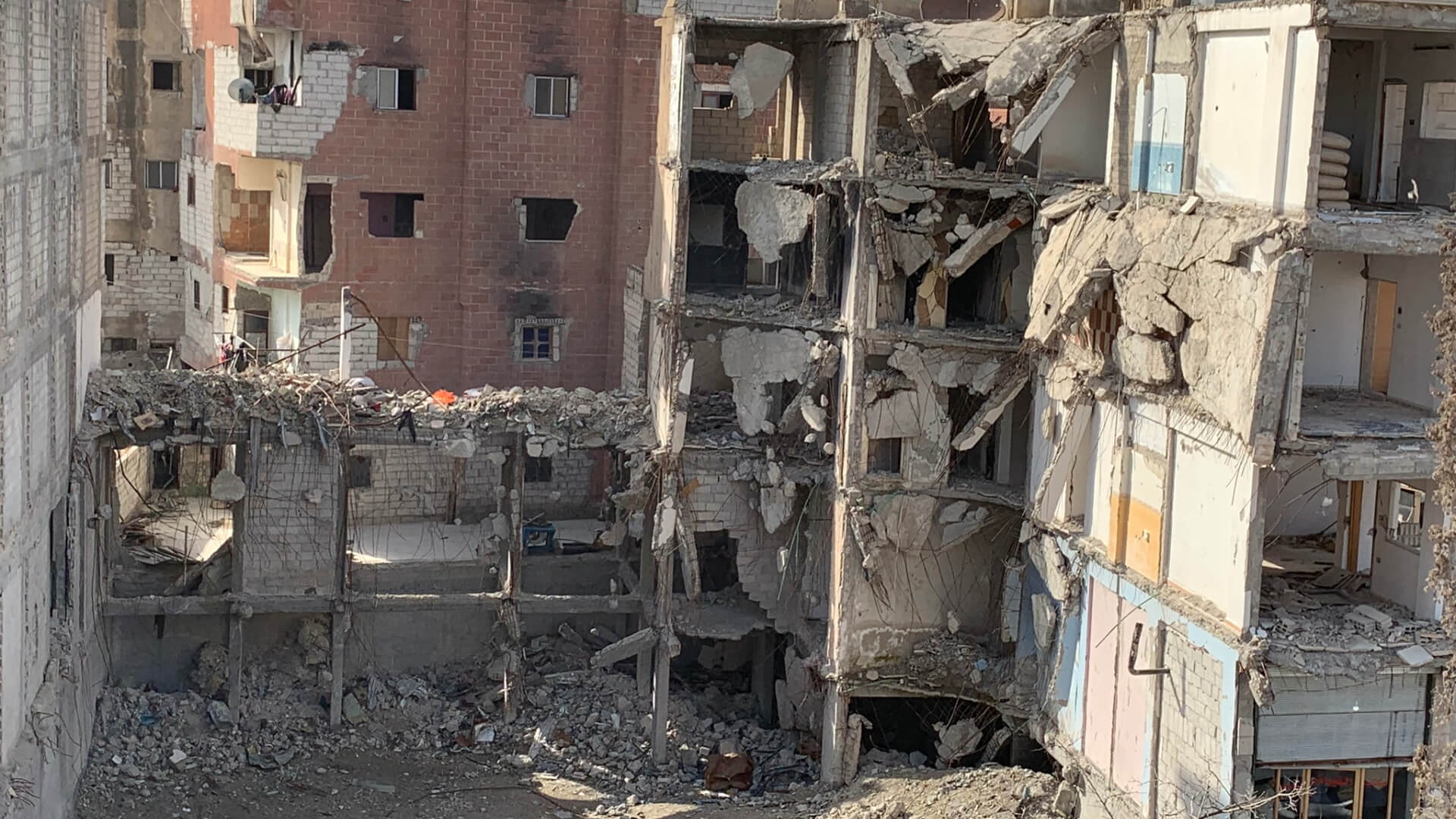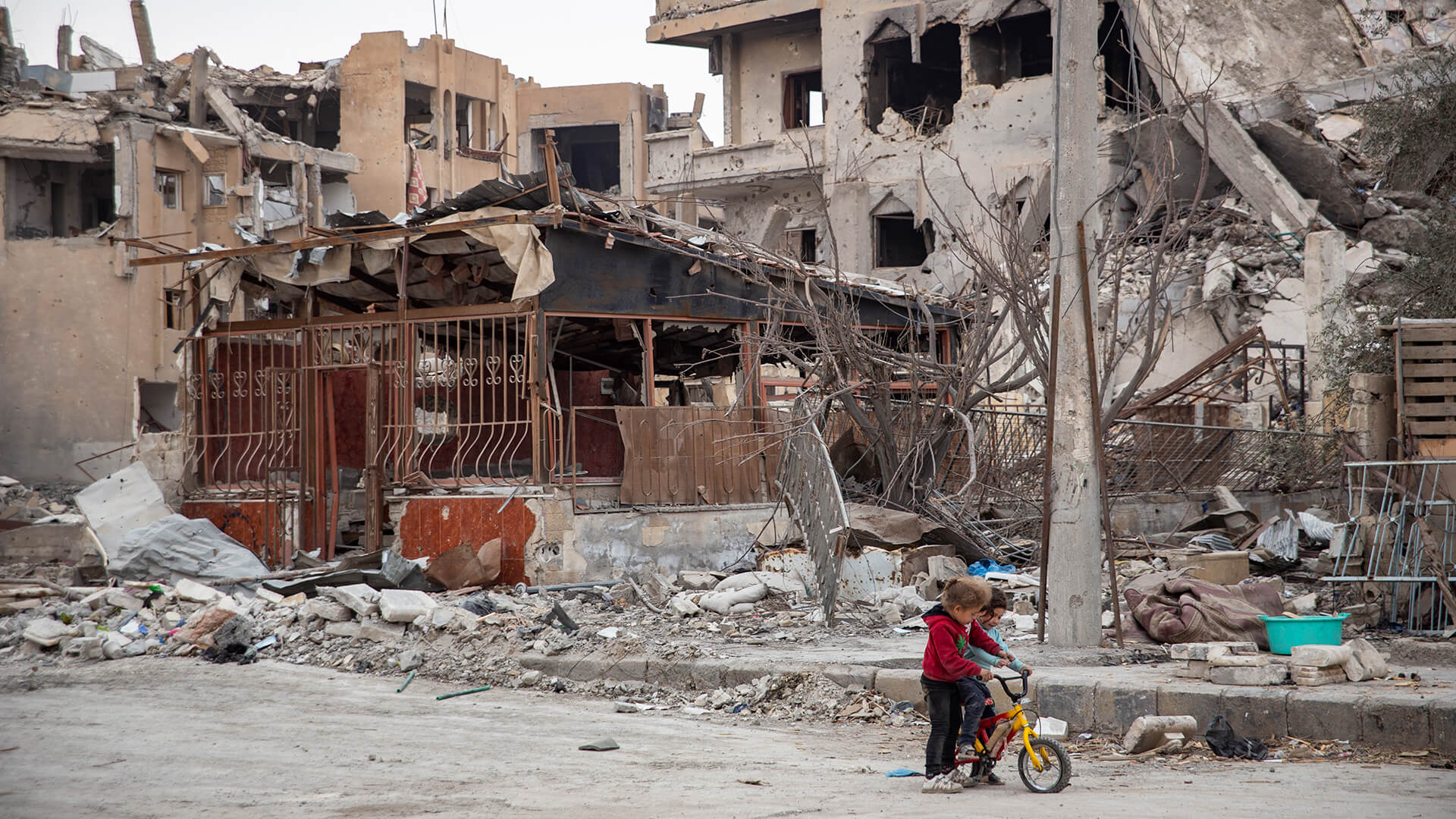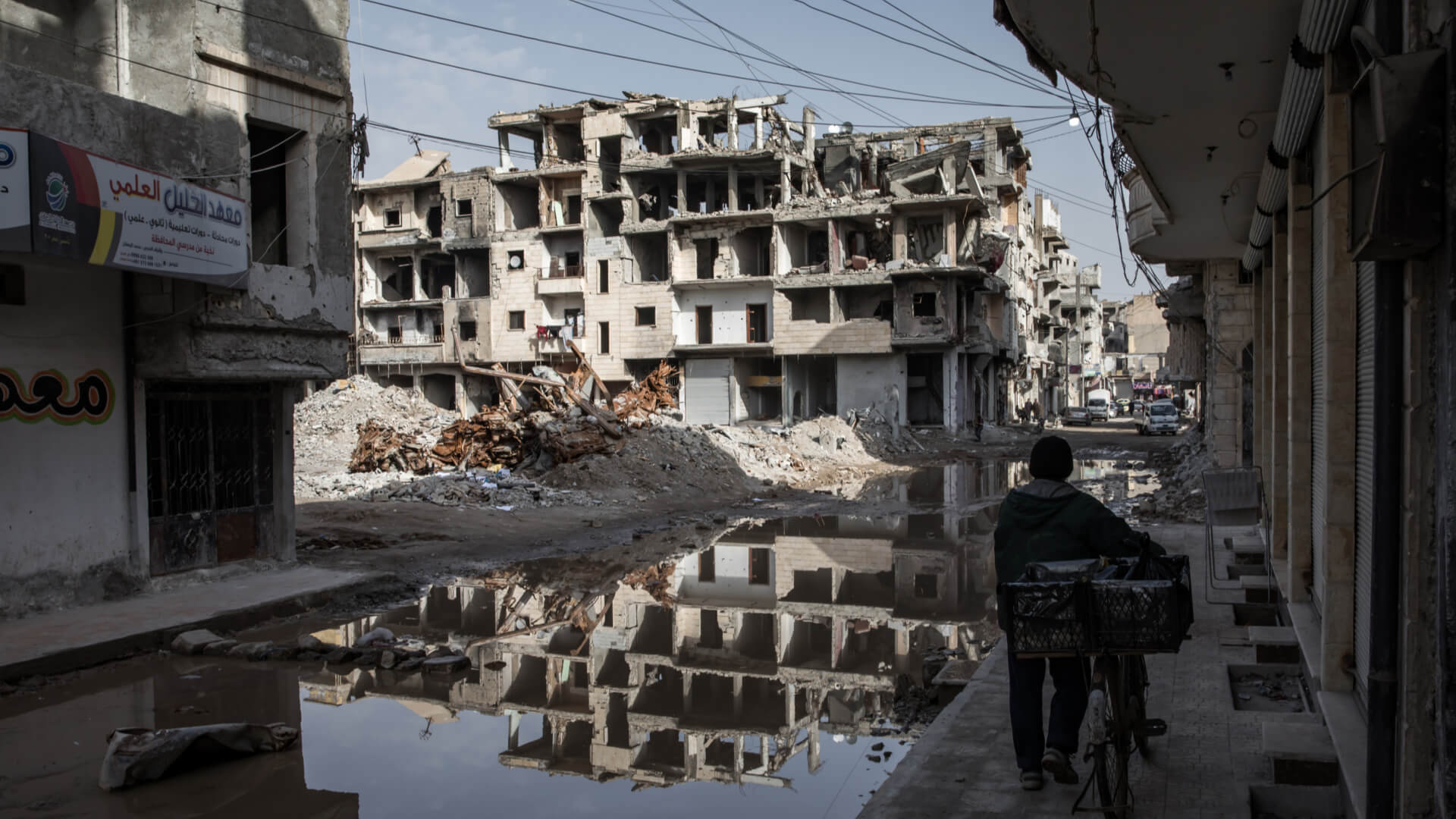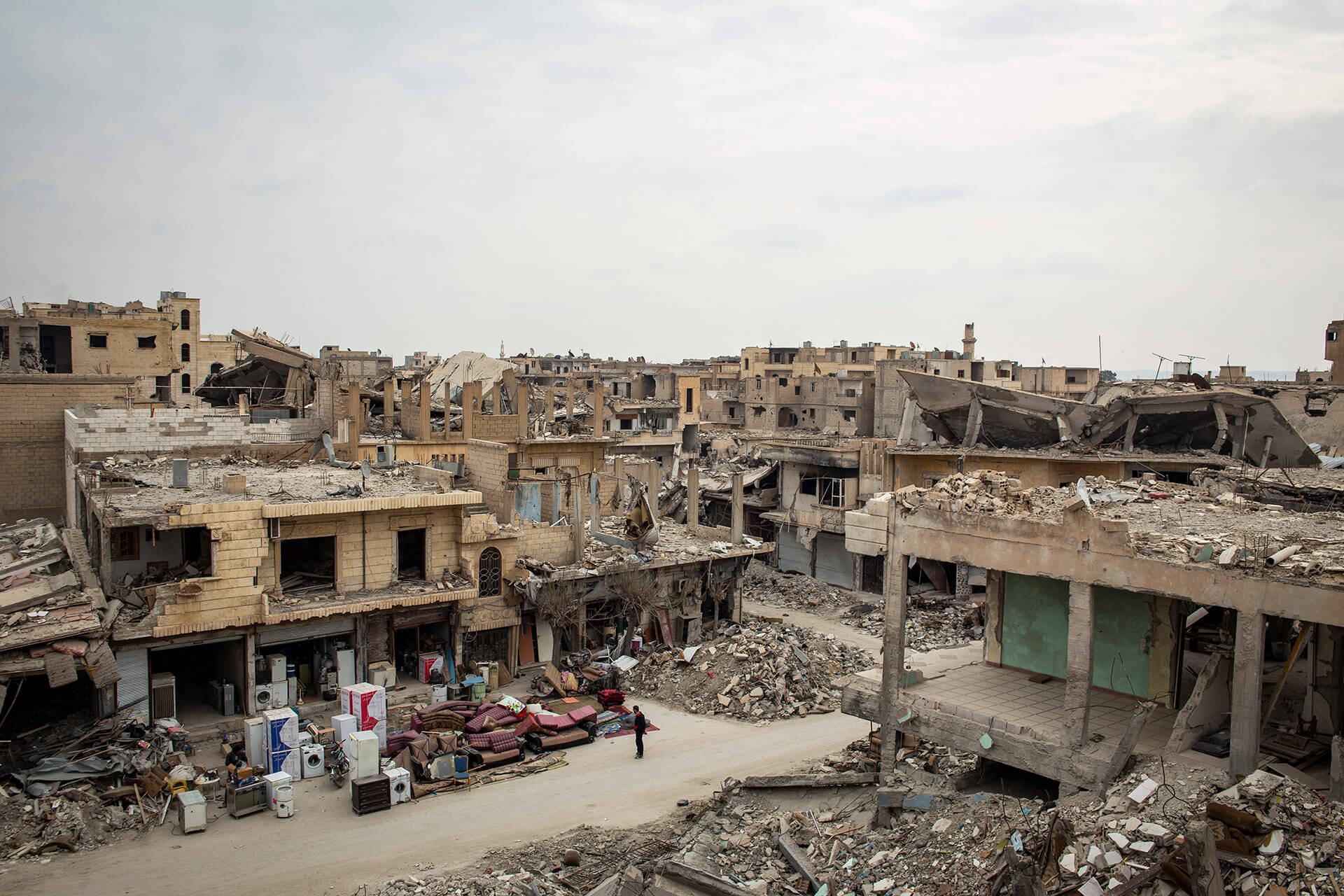Search for stories, cases and people
Preparing search...






Between June and October 2017, the US-led Coalition, including the UK, France and others, launched thousands of air and artillery strikes in support of the Syrian Democratic Forces (SDF), a local Kurdish-led militia fighting the IS on the ground.
By then, the IS had ruled Raqqa for almost four years. It had perpetrated war crimes and crimes against humanity, torturing or killing anyone who dared oppose it.
In its battle against IS, the US-led Coalition claims to have taken all necessary measures to spare civilians.
However, that rhetoric is a far cry from reality. Amnesty International carried out extensive investigations on the ground in Raqqa and partnered with Airwars on remote analysis to uncover the military campaign's impact on civilians. Here we explore the evidence and the stories of many of the families who lived and died during the war in Raqqa.
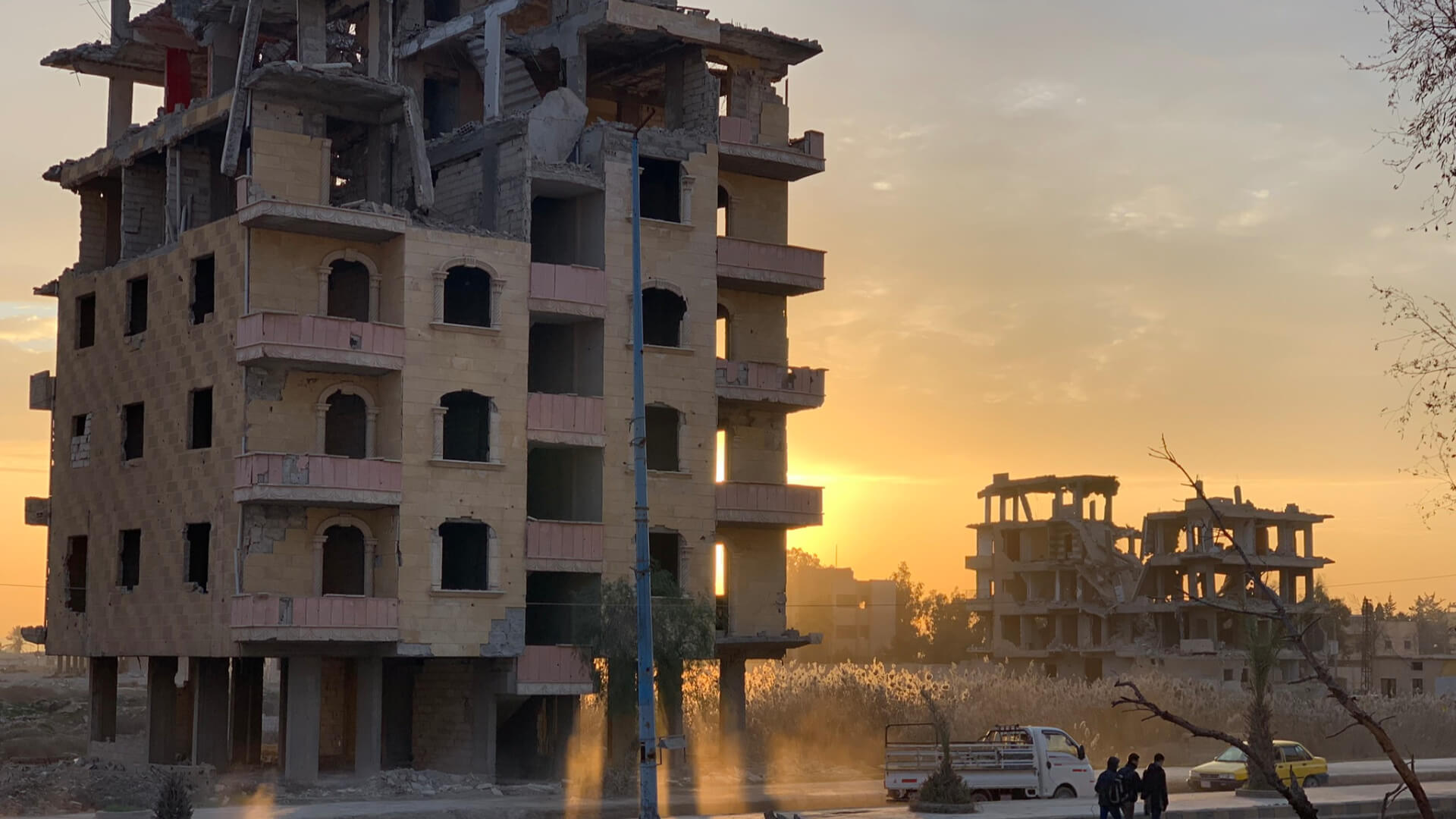



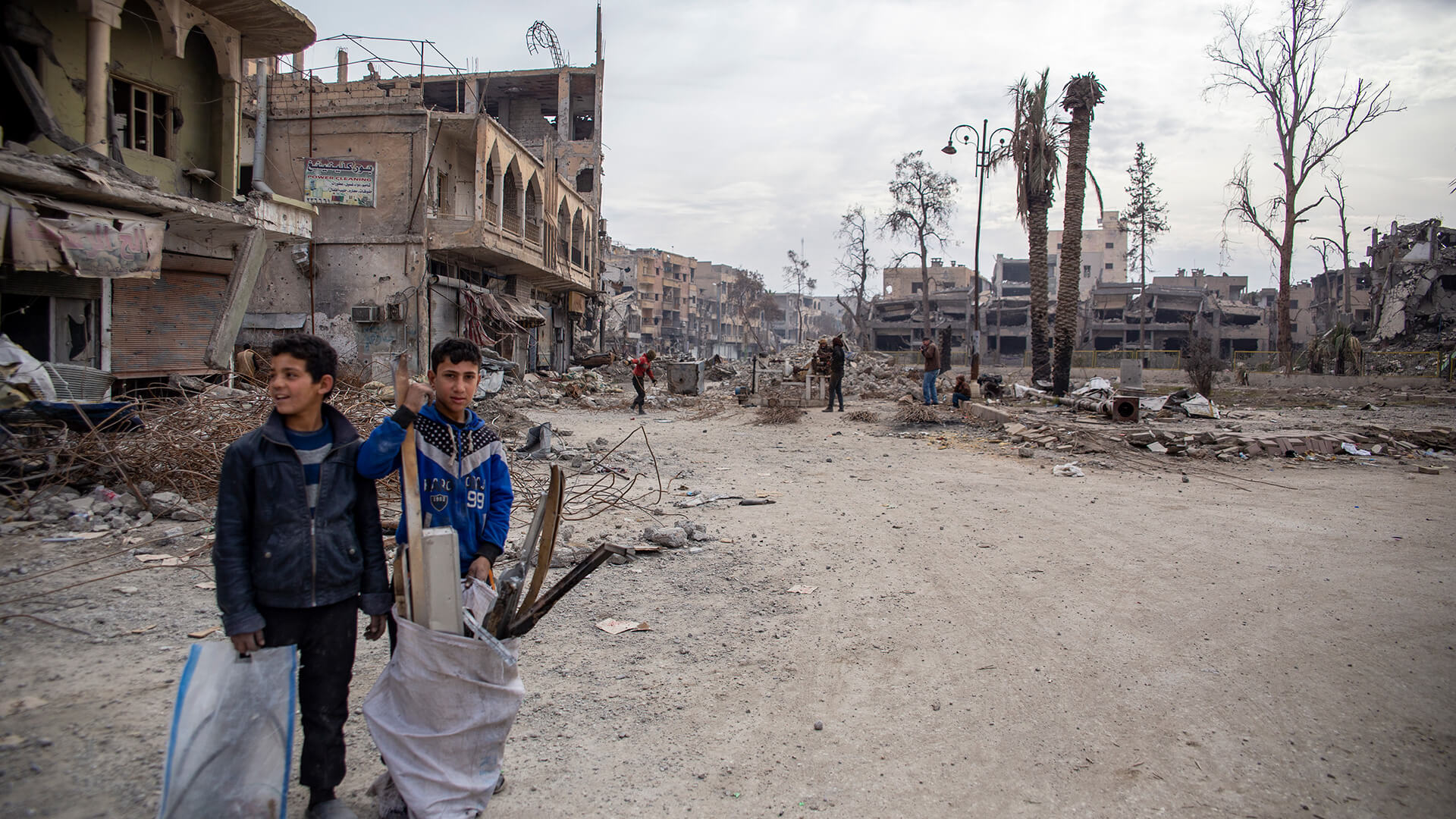




The Coalition launched strikes likely to cause excessive harm to civilians and failed to distinguish between military targets and civilians.
Such conduct violates the principles of distinction and proportionality - fundamental requirements of international humanitarian law. Disproportionate or indiscriminate attacks are war crimes.
Urban combat poses inherent challenges. These were exacerbated in Raqqa because IS used human shields, but the Coalition was well aware of these tactics long before the battle.
During its offensive, the Coalition failed to take into account that civilians were present in every neighbourhood. Had Coalition forces carried out adequate surveillance before launching their strikes many civilian lives could have been spared.
Amnesty International and Airwars are calling on the Coalition to:
